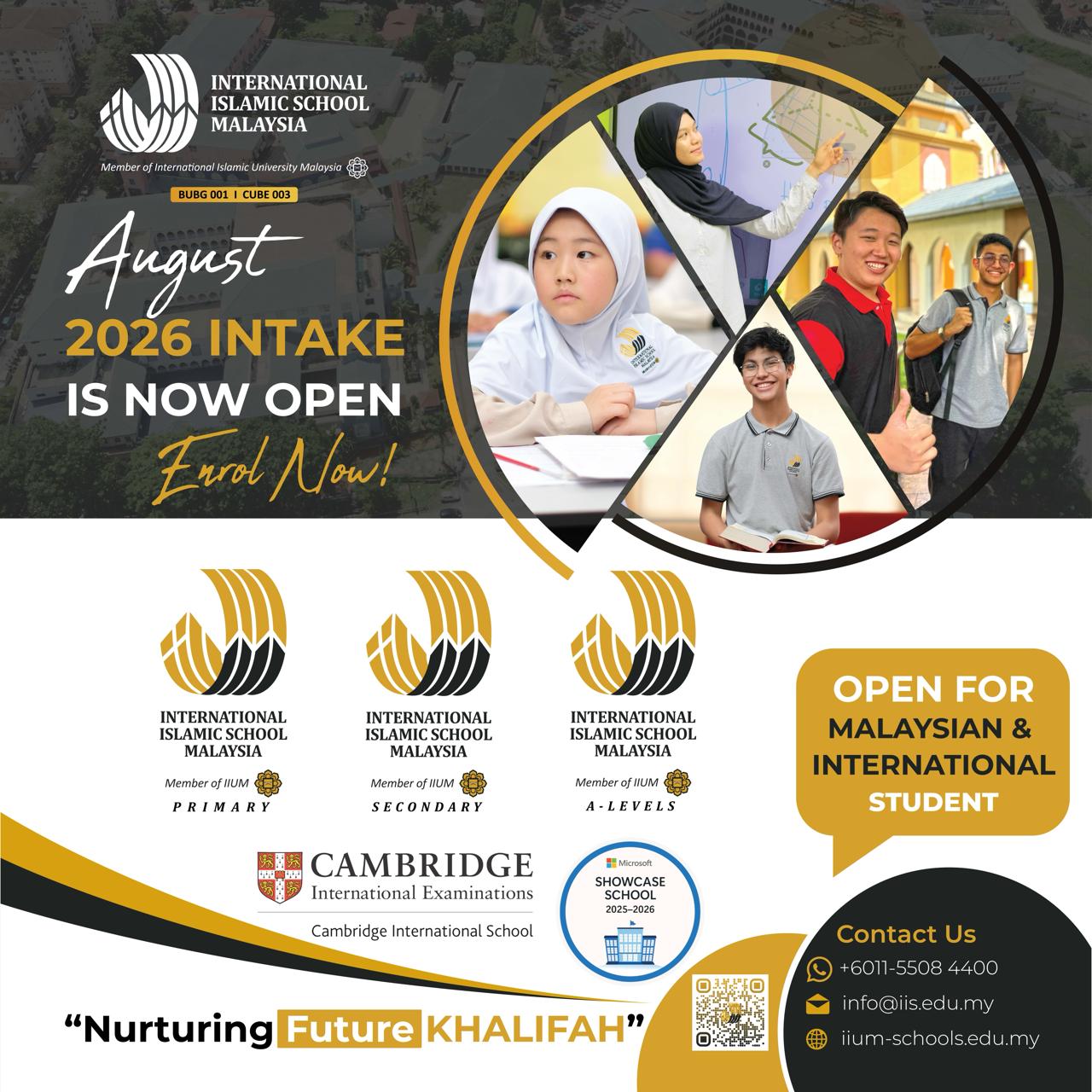Author: Michele Lam

If you have just completed your secondary school education and are preparing to embark on your higher education journey, your pre-university experience will be the first step on a path that will lead you to university and ultimately, employment.
In Malaysia, various pre-university programmes that meet different needs and requirements are available. These programmes vary in terms of duration, subjects offered, intakes, mode of assessment and fees – among other factors. Generally, you need a minimum of five credits (usually including mathematics and English) at SPM, GCE O Levels, or its equivalent to enrol in any of these programs.
Colleges or universities that offer pre-university programs that prepare you for study overseas typically also provide support for applications to universities overseas as applications need to be made by the deadline in order to gain acceptance before the start of the next academic year.
There is also the possibility to study locally after completing these pre-university programs, as they are accepted by private colleges, university colleges and universities. With so many options in pre-university programs in Malaysia, it is important to understand what each program offers so that you can select the right one for you. It also helps to know which course of study you plan to undertake at university, and where you plan to pursue your studies.
CHOOSING A PRE-UNIVERSITY PROGRAM: KEY CONSIDERATIONS
A) University entry requirements
Different universities and courses of study have different entry requirements for different pre-university courses, so it is important for you to meet these requirements in order to get into the university and course of your choice.
It is also helpful to determine the general direction of the course you wish to study at university, whether it is arts-, science- or engineering-based.
This is because some courses, particularly science- or engineering-based courses, require you to have studied certain subjects at the pre-university level.
Generally, arts-based courses will accept students who have done science subjects or arts at pre-university, but science- or engineering-based courses will require students to have studied science and mathematics at pre-university. For example, if you want a career in the sciences, you should take science subjects.
B) Future plans

In order to choose the right pre-university course, it helps to know what you plan to do after you complete it. If you are thinking of going abroad for your university studies, you may want to consider the A Level, particularly if you are planning to study in the UK. The A Level is also accepted by private universities in Malaysia, Singapore and most universities overseas.
If you are planning to pursue your studies in the US, it makes sense to study the American Degree Program (ADP) as it is the quickest route to an American university qualification.
If you are planning to study in Australia, you should consider the Australian programs.
C) Mode of assessment

Different pre-university courses have different modes of assessment. Some assess based entirely on your performance on final examinations while others assess based on a combination of coursework and final examinations. Therefore, it is important to know the mode of assessment that is best suited to you. If you prefer coursework to high-stakes final examinations, consider programs that place a greater emphasis on ongoing projects and assignments. Try to choose a pre-university course that plays to your strengths as a learner.
D) Budget
Pre-university programs also vary in terms of fees. Those with external exams and a longer duration usually cost more than those offered by a university that prepares students for courses in the same university.
Some institutions offer pre-university program scholarships for students with good results – make sure you take the time to investigate whether you qualify for any of these scholarship opportunities.
E) Other Considerations
Other considerations include duration of the pre-university course, intakes and location of the college or school where the pre-university program is offered.















![[Maahad Tahfiz Negeri Pahang] Asia Youth International Model United Nations](https://mint-edm.sgp1.digitaloceanspaces.com/production/qKffTsfZisDxO4b6kcejusAA7mWWgL.jpg)





















